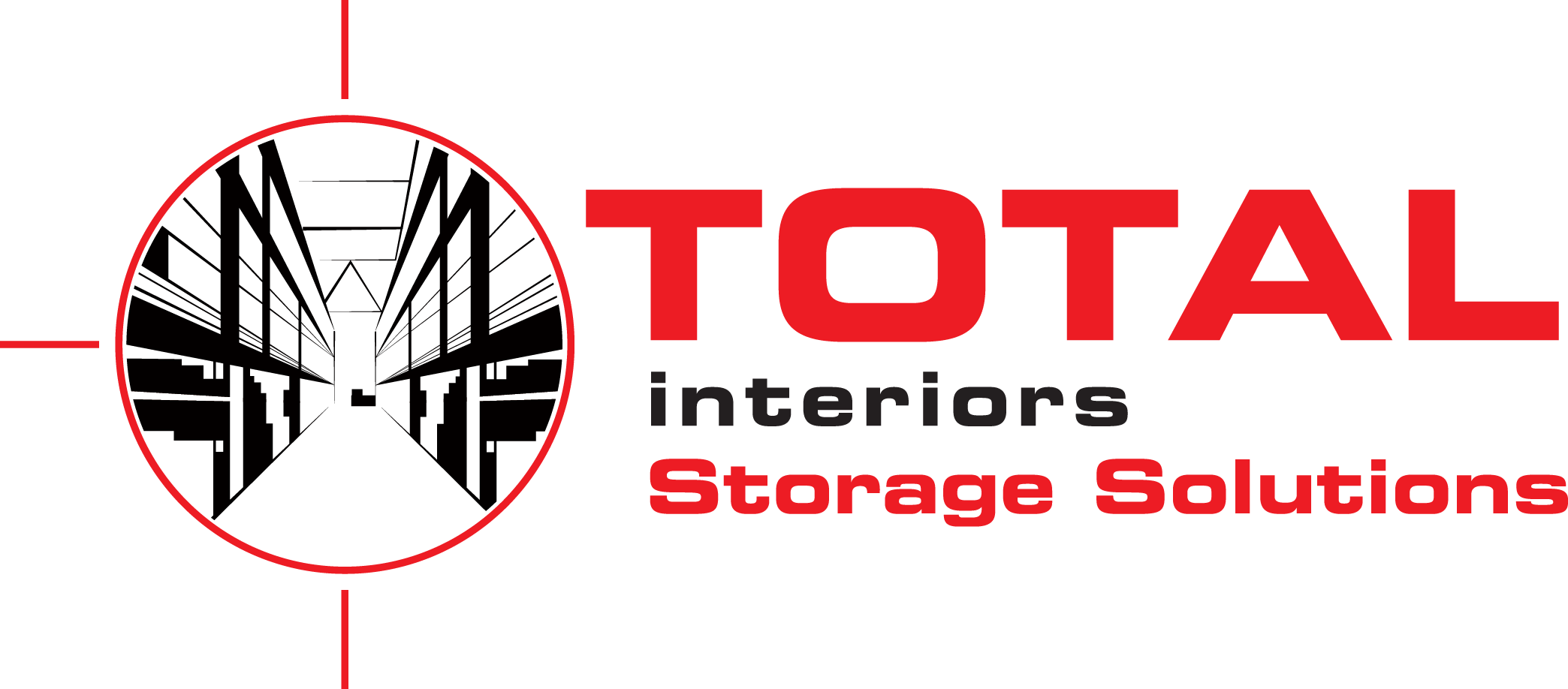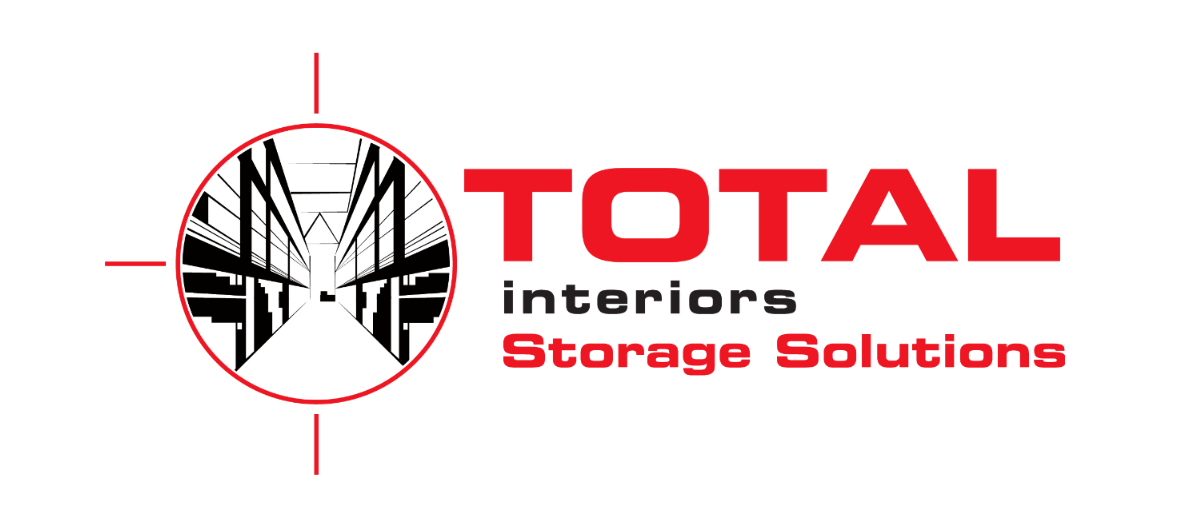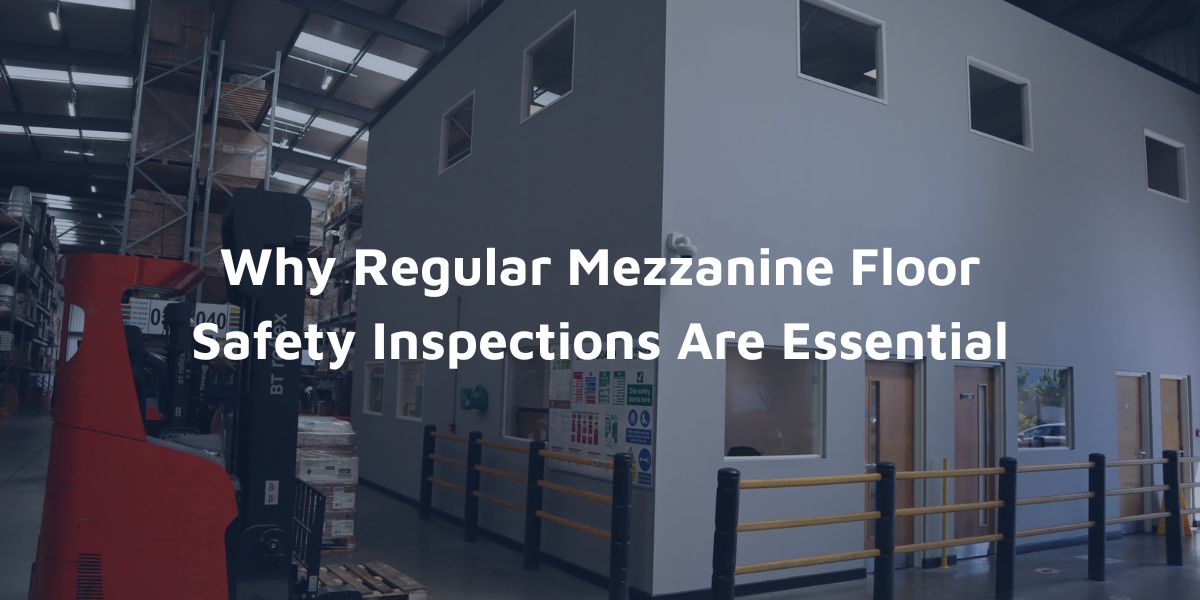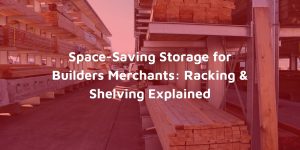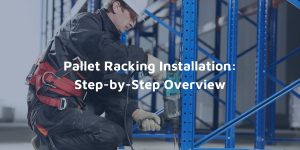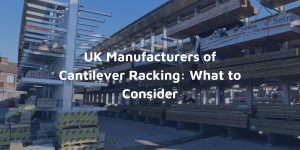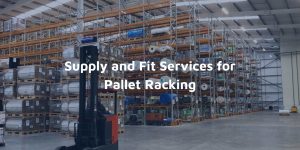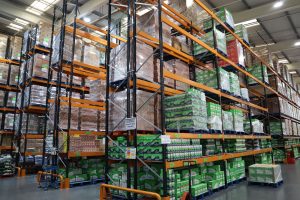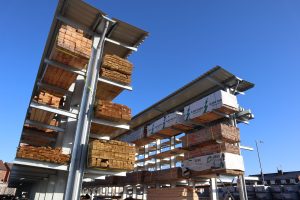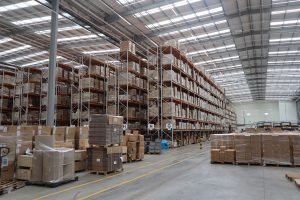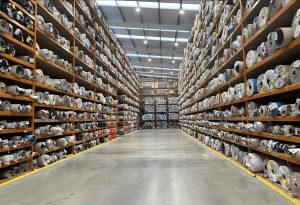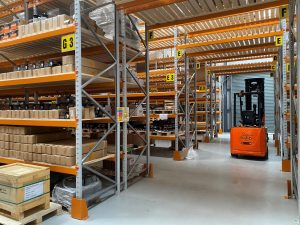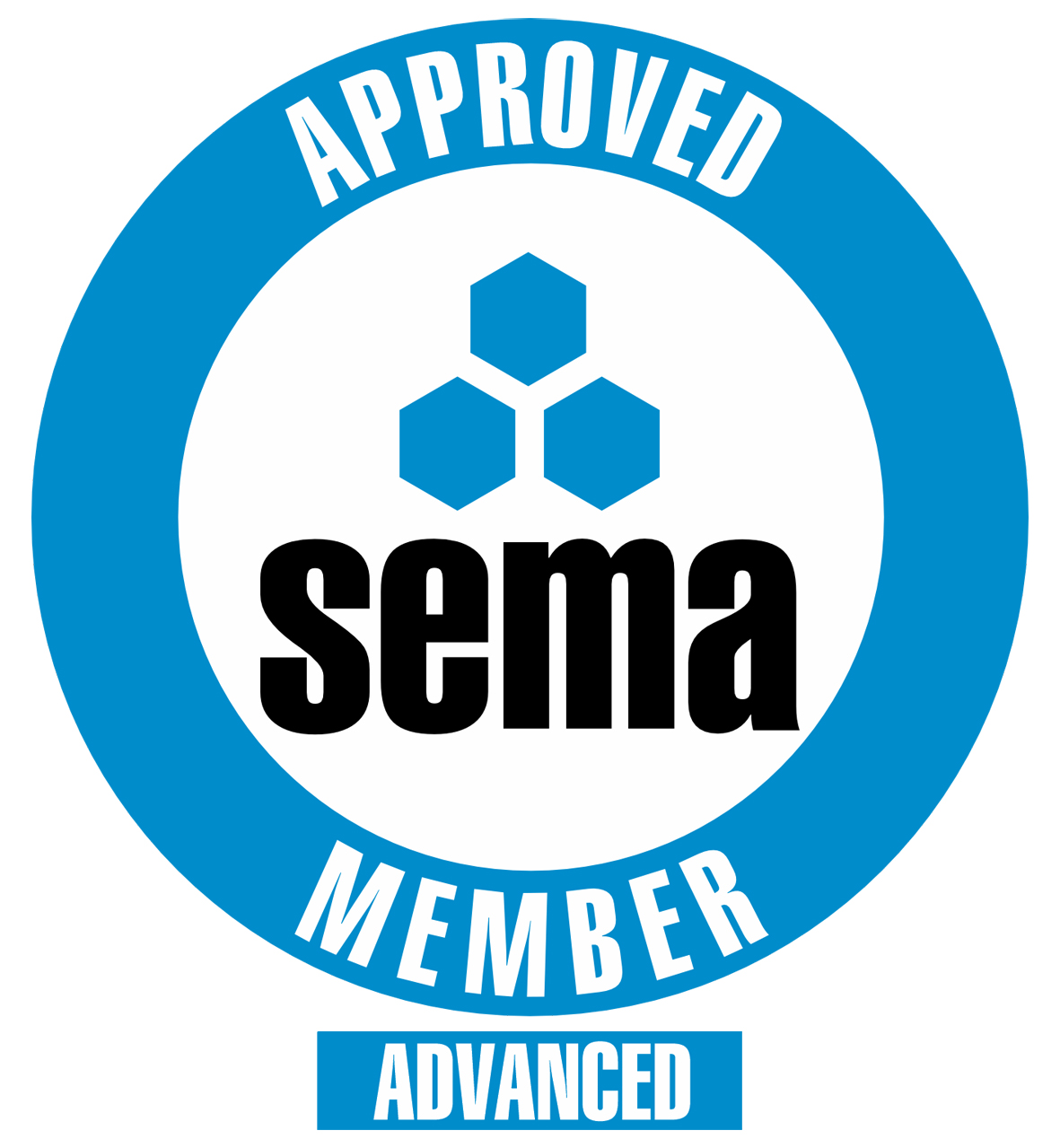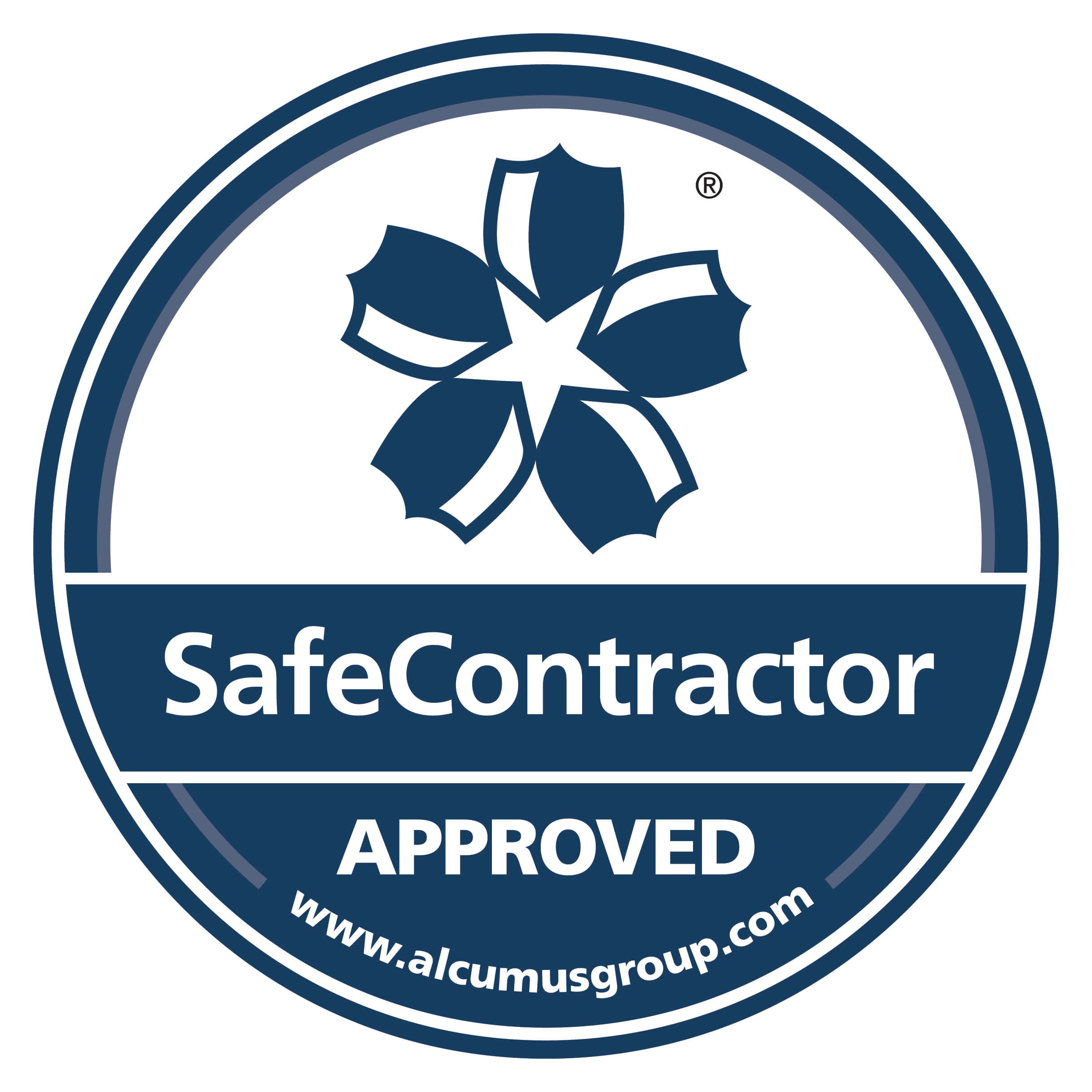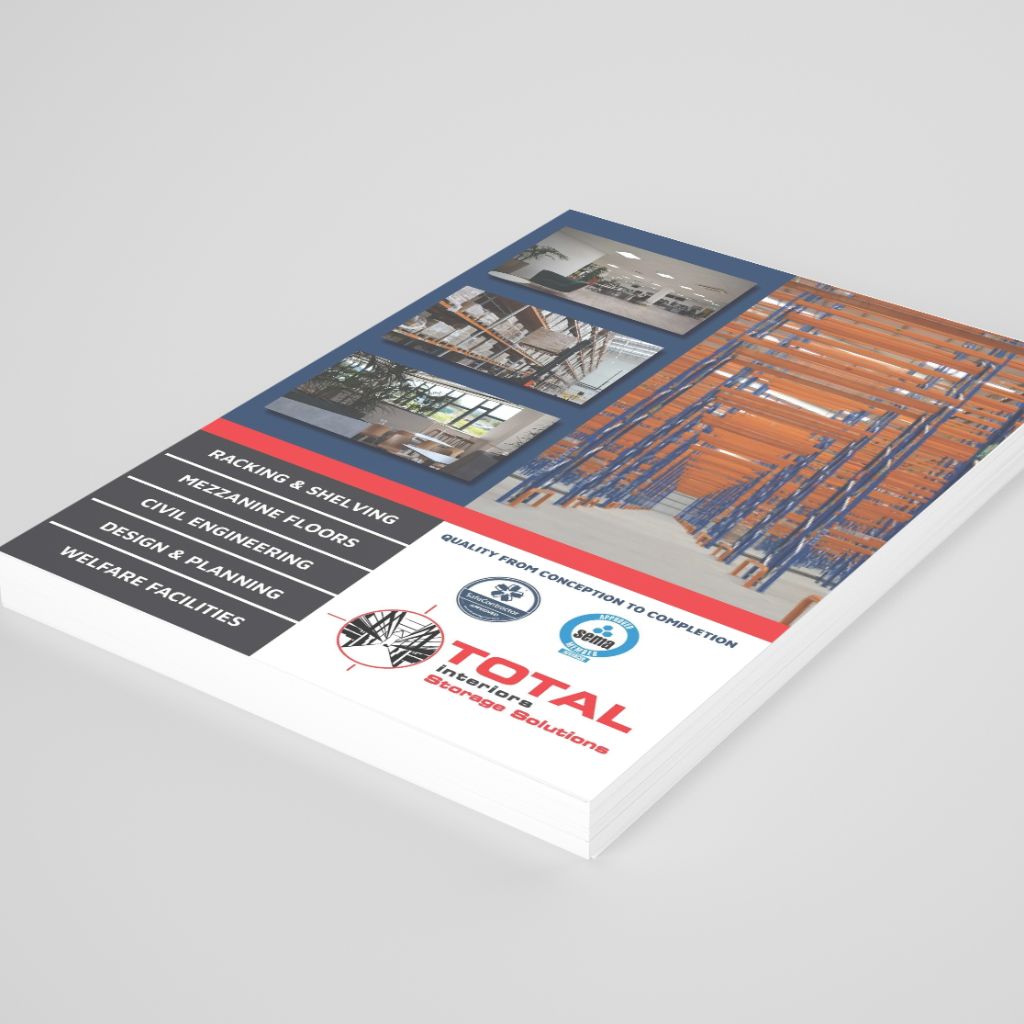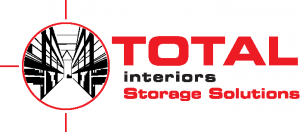Mezzanine floors provide valuable extra space in warehouses, offices, and industrial settings, but they must be regularly inspected to ensure safety and compliance. Ignoring routine inspections can lead to structural issues, workplace accidents, and potential legal repercussions. In this guide, we’ll explore the importance of mezzanine floor safety inspections, UK regulations, and how to schedule professional checks to keep your workplace safe.
What Are Mezzanine Floor Safety Inspections?
Mezzanine floor safety inspections involve a thorough assessment of the structure to check for any damage, wear and tear, or potential hazards. These inspections help ensure that mezzanine floors remain safe for use and comply with legal standards.
A professional inspection typically includes:
- Checking the structural integrity of beams and columns
- Inspecting handrails, guardrails, and staircases
- Ensuring flooring materials are in good condition
- Assessing load-bearing capacity compliance
- Identifying any signs of corrosion, damage, or misalignment
Regular inspections are vital in preventing accidents, reducing maintenance costs, and ensuring a safe working environment.
Should Mezzanine Areas Be Inspected?
Yes! Mezzanine areas must be inspected regularly to comply with UK safety standards and avoid workplace risks. According to the Health and Safety Executive (HSE), employers are legally required to ensure that workplace structures, including mezzanine floors, are safe, well-maintained, and fit for purpose.
Key Reasons to Inspect Mezzanine Areas Regularly:
- Legal Compliance – Failure to inspect mezzanine floors can result in non-compliance with workplace health and safety regulations, leading to fines or legal action.
- Accident Prevention – Structural weaknesses, loose handrails, or overloaded floors can lead to serious accidents or injuries.
- Prolonged Structural Integrity – Routine checks help identify minor issues before they become costly repairs or major safety hazards.
- Insurance Requirements – Many insurance policies require regular safety inspections to ensure continued coverage.
- Employee Safety & Confidence – A well-maintained mezzanine floor gives employees confidence in their working environment.
UK Regulations on Mezzanine Floor Safety
The UK has strict regulations regarding mezzanine floor safety. Here are some key laws and standards businesses must comply with:
- Health and Safety at Work Act 1974 – Employers must ensure a safe working environment, including maintaining mezzanine structures.
- Workplace (Health, Safety and Welfare) Regulations 1992 – Requires regular maintenance and inspections of workplace structures.
- The Provision and Use of Work Equipment Regulations (PUWER) 1998 – Ensures mezzanine floors and access equipment are safe to use.
- Building Regulations Part K and Part M – Covers safety standards for staircases, guardrails, and flooring on mezzanines.
Failing to comply with these regulations can result in hefty fines, legal issues, and serious safety risks.
The Risks of Neglecting Mezzanine Floor Inspections
Skipping mezzanine floor safety inspections can have serious consequences. Here are some risks businesses face when they fail to schedule regular checks:
1. Structural Failure
Over time, mezzanine floors can weaken due to heavy loads, material wear, or environmental conditions. Without routine inspections, minor issues can escalate, potentially causing the floor to collapse.
2. Workplace Injuries & Accidents
A loose handrail, an unstable staircase, or a weak floor panel can lead to slips, trips, and falls, putting employees at risk of serious injury.
3. Non-Compliance Fines
Businesses that fail to comply with UK mezzanine safety regulations could face legal penalties, fines, or even closure orders.
4. Higher Repair Costs
Ignoring minor maintenance issues often leads to expensive repairs later on. Regular inspections help identify problems early, saving money in the long run.
5. Increased Liability Risks
If an employee or visitor gets injured due to an unsafe mezzanine, the business could face lawsuits or compensation claims.
How Often Should Mezzanine Floors Be Inspected?
The frequency of inspections depends on usage, load-bearing capacity, and industry requirements. However, best practices suggest:
- Annual Professional Inspections – A qualified mezzanine floor safety expert should inspect the structure at least once a year.
- Routine In-House Checks – Employers should conduct monthly visual inspections to identify any obvious signs of damage.
- After Major Changes or Incidents – If the mezzanine floor undergoes modifications, or if there’s been an accident, an immediate inspection is necessary.
Regular maintenance keeps mezzanine floors safe, extends their lifespan, and ensures compliance with UK safety regulations.
How to Schedule Professional Mezzanine Floor Inspections
Booking a professional inspection is straightforward. Here’s how to get started:
- Choose a Qualified Inspection Service – Look for specialists experienced in mezzanine floor safety inspections with accreditation from relevant UK regulatory bodies.
- Schedule an Inspection Based on Usage – If your mezzanine sees heavy use, more frequent inspections may be required.
- Request a Detailed Safety Report – Ensure the inspector provides a comprehensive report with findings, recommendations, and necessary repairs.
- Address Any Issues Promptly – If the inspection identifies hazards or damages, schedule repairs immediately to maintain safety.
- Keep Inspection Records – Maintaining records of all inspections and repairs can be useful for legal compliance and insurance purposes.
Final Thoughts
Regular mezzanine floor safety inspections are not optional—they are essential for workplace safety, legal compliance, and long-term cost savings. By scheduling routine inspections, businesses can prevent accidents, extend the lifespan of their mezzanine floors, and ensure a secure environment for employees.
Need professional mezzanine floor safety inspections? Total Interiors Direct can help! Contact us today to schedule an inspection and ensure your workspace meets all UK safety standards.
FAQs
1. How often should mezzanine floors be inspected?
At least once a year by a professional, with monthly in-house checks for visible damage.
2. Who is responsible for mezzanine floor safety?
Employers and business owners are responsible for ensuring mezzanine floors are safe and compliant with UK regulations.
3. What happens if a mezzanine floor is unsafe?
If a mezzanine floor is deemed unsafe, it must be repaired or reinforced immediately to prevent accidents and legal penalties.
4. Can mezzanine floor inspections be done in-house?
While routine visual checks can be done in-house, professional inspections are required for a detailed structural assessment.
